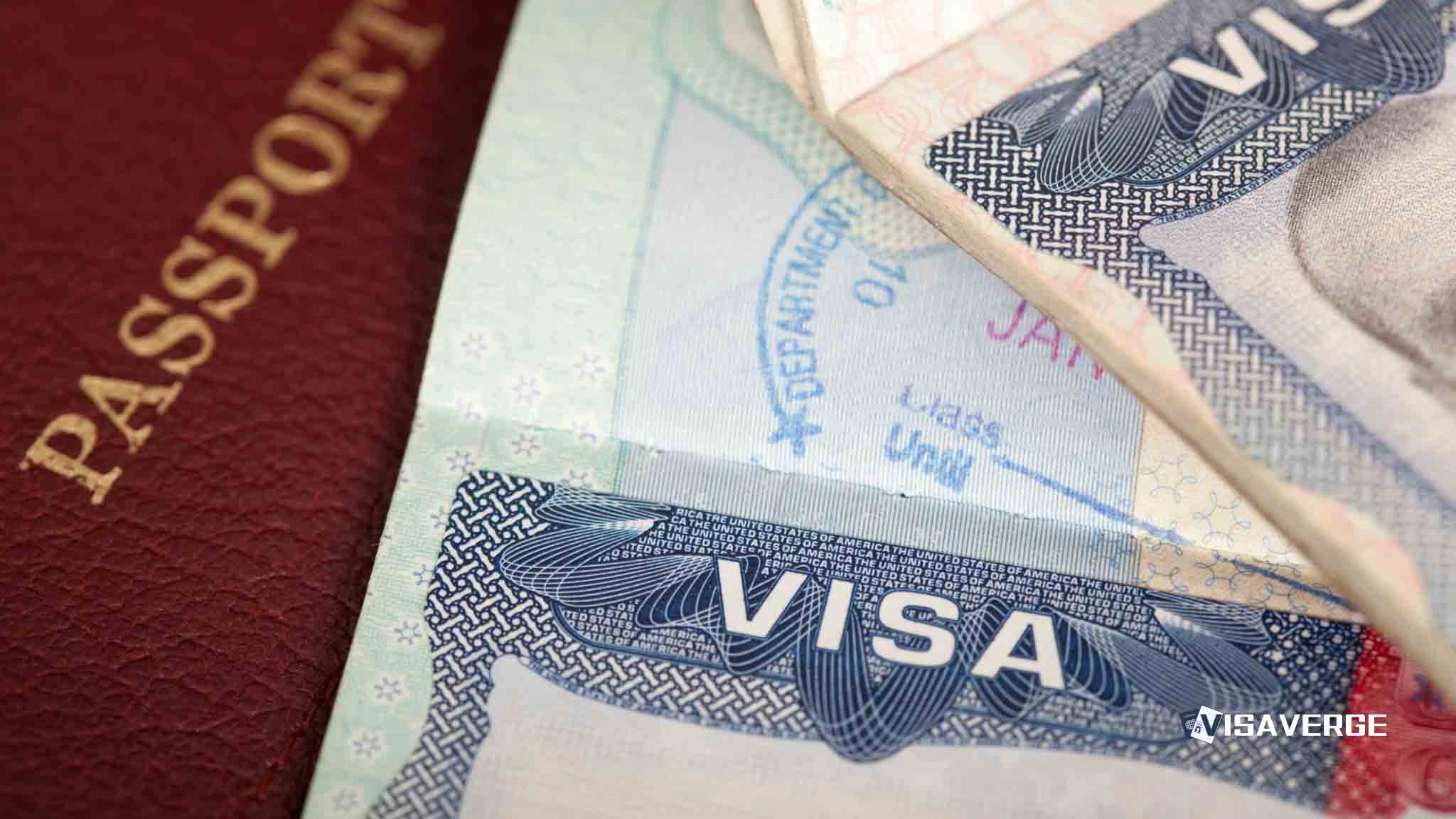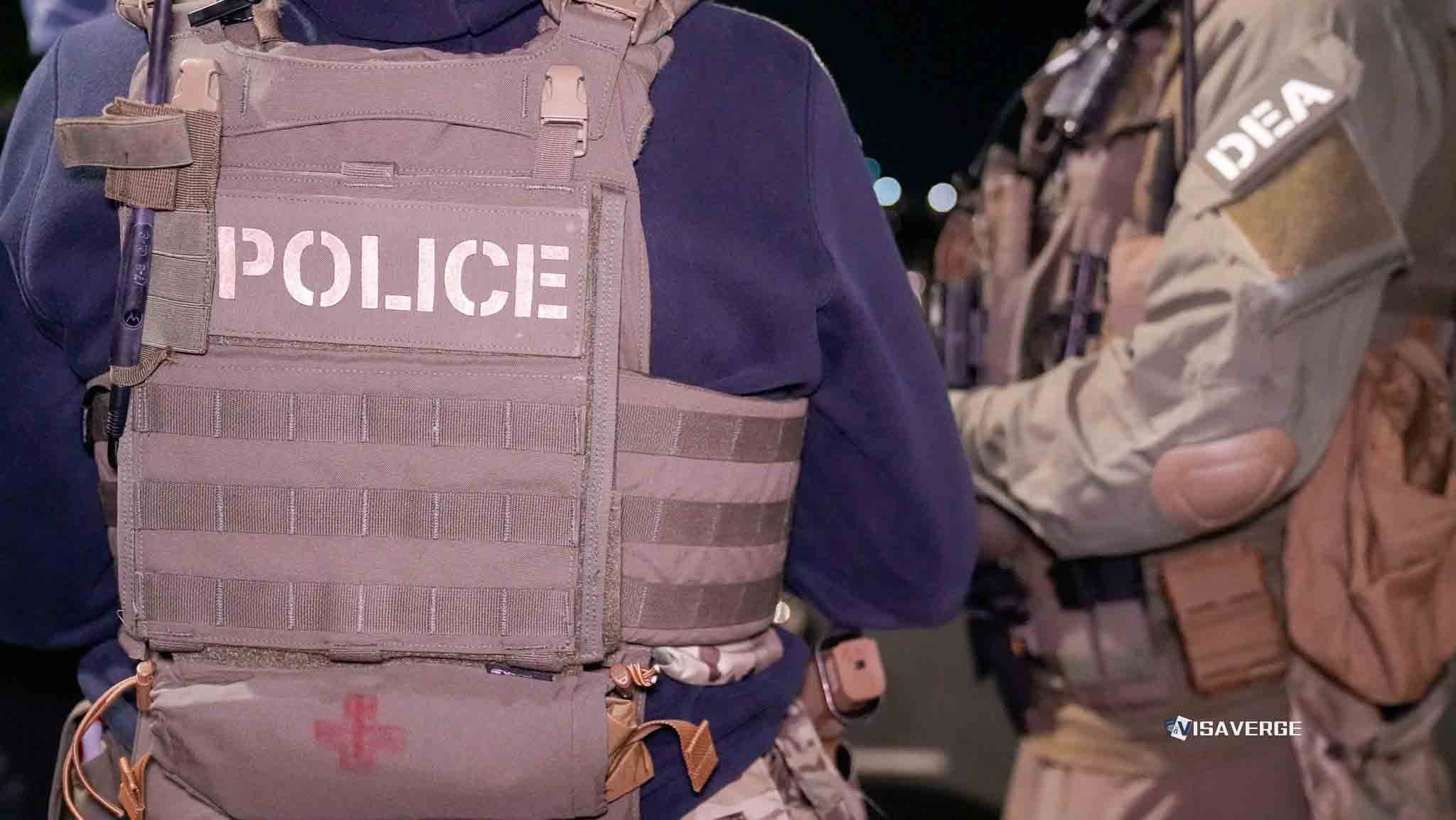(JEDDAH, SAUDI ARABIA) A young Indian expatriate worker was killed by a stray bullet during a police operation in Jeddah on October 24, 2025, in an incident that has triggered demands for an impartial probe and urgent repatriation of his body. The victim, identified as Vijay Kumar Mahato, aged 26–27, was a resident of Dudhapania village in Giridih district, Jharkhand, and had been working for the past nine months as a tower line fitter with Hyundai Engineering and Construction. He leaves behind his wife Basanti Devi, two sons—Rishi Kumar, 5, and Roshan Kumar, 3—and his parents, father Suryanarayan Mahato and mother Savitri Devi.
According to accounts provided by family members and local officials, Mahato was at a worksite in Jeddah to collect materials on the instructions of a senior company official when police opened fire during an anti-smuggling operation targeting suspected liquor smugglers. He was caught in a crossfire between Jeddah police and an extortion gang linked to the illegal liquor trade. A stray police bullet struck him, and he was rushed to hospital. He succumbed to his injuries shortly afterward.

Shortly before he died, Mahato sent a WhatsApp voice message to his wife, Basanti Devi, saying he had been injured in a crossfire. Believing he was receiving treatment, the family initially thought he was recovering and did not know he had passed away. The call and the confusion that followed added to the shock at the family home in Giridih, where relatives describe scenes of deep sorrow. His wife has remained inconsolable as she recalls the message, while his father, Suryanarayan Mahato, has accused the company of negligence for sending his son to collect materials from the area where the shooting occurred. He has demanded compensation for the family.
The incident has sparked outrage and calls for accountability from officials in Jharkhand and advocates who work with migrant workers. Dumri MLA Jairam Kumar Mahato has written to the Indian Embassy in Saudi Arabia, urging an impartial probe into the circumstances of the death and pressing for the swift repatriation of the body. He has also called for legal and financial assistance for the bereaved family. The Jharkhand Labour Department has said it is coordinating with Indian authorities in Saudi Arabia and the Jeddah police to complete formalities for repatriation. Officials, including Shikha Lakra, Team Leader at the Migrant Control Cell, confirmed they are engaged with the process and remain in contact with counterparts to ensure the body is returned to India as soon as possible.
Social activist Sikander Ali has alerted the state labour department and the Giridih district administration, urging both to support the family and to seek compensation from Saudi authorities. His intervention has added to the mounting demand for clarity on why an NRI youth performing regular work duties ended up in the line of fire during a police operation unrelated to him. At the family’s home in Dudhapania, relatives and neighbors have gathered to mourn, recalling a diligent young worker who left for Saudi Arabia less than a year ago to support his young family.
Mahato’s employment in Saudi Arabia began nine months earlier with Hyundai Engineering and Construction, where he worked as a tower line fitter. On the day of the shooting, his family says he followed instructions from a senior company official to collect materials at a worksite in Jeddah. It was there that the anti-smuggling operation unfolded. Authorities targeted suspected liquor smugglers, and during the confrontation, an extortion gang linked to the illegal liquor trade became involved. Mahato, an NRI youth with no connection to the operation, found himself in the middle of a crossfire. He was struck by a stray bullet and did not survive.
The tragedy underscores the vulnerability of migrant workers to risks beyond their control, especially when workplace duties intersect with law enforcement operations. While precise details of the police action in Jeddah have not been released publicly, the core facts as relayed to the family and confirmed by officials remain stark: a routine materials run, a police operation, multiple shooters in a crossfire, and a fatal stray police bullet. In Jharkhand, the family and local leaders have focused on immediate needs—bringing the body home and securing support—while also demanding answers about how the incident unfolded and why a civilian worker was exposed to such danger.
As of early November 2025, efforts are underway to repatriate Mahato’s body to India. The family is waiting for official procedures to conclude and has asked for compensation and a thorough inquiry. The Jharkhand Labour Department’s Migrant Control Cell is liaising with Indian officials in Saudi Arabia, and the request from Dumri MLA Jairam Kumar Mahato to the embassy underscores the urgency. For families of migrant workers, these steps—formal identification, clearances, and transport—can be lengthy and emotionally draining. In this case, relatives are urging authorities to expedite the process so religious rites can be performed in Dudhapania.
The circumstances of the shooting—involving an anti-smuggling operation, suspected liquor smugglers, and an extortion gang—have drawn attention to the hazards that can surround law enforcement actions in busy urban areas. Jeddah is a hub for construction and infrastructure work, where crews move materials across sites in dense neighborhoods and industrial districts. For workers like Mahato, assignments can shift based on immediate project needs, placing them in locations they do not control. The family’s claim that he was sent to the area by a senior company official has sharpened questions about how employers weigh on-the-ground safety in cities where police operations can erupt without warning.
Back in Giridih, the sorrow is layered with practical worries. Basanti Devi now faces raising two small children without her husband’s income. Rishi Kumar is 5 and Roshan Kumar is 3, ages where daily care and school costs are constant. The family’s elders, Suryanarayan Mahato and Savitri Devi, have joined the calls for compensation and support, arguing that a breadwinner who died because of a stray bullet in a crossfire should not leave behind a household pushed to the brink. Their requests align with appeals from local officials and social workers for both financial aid and legal assistance.
For advocates, the case also points to broader concerns about support systems available to Indian workers abroad. When something goes wrong, families often rely on a patchwork of local officials, activists, and consular staff to navigate hospital records, police paperwork, and airline transport. In this case, the coordination described by the Jharkhand Labour Department includes engagement with Jeddah police and Indian officials in Saudi Arabia to complete the formalities for repatriation. Families and officials often turn to the Embassy of India in Riyadh for consular guidance, death registration, and transit documents when an expatriate dies overseas.
Within Jeddah’s construction community, word of the incident has circulated as a cautionary tale about unforeseen risk. A worksite visit to collect materials is a routine task, not one that would typically prompt alarms about safety in the vicinity of a police action. Yet the sequence described—an anti-smuggling operation, confrontation with an extortion gang linked to the illegal liquor trade, and gunfire erupting—created a fatal situation for a bystander with no link to the crime under investigation. Workers and their families back in India have taken notice, using the case to press for stronger safeguards and better communication when operations by law enforcement might affect nearby worksites.
The appeal for an impartial probe is rooted in the need to establish accountability and ensure that evidence from the scene—including ballistics and operational records—confirms how the stray police bullet struck Mahato. Without answers, families are left with speculation and grief. The call from Dumri MLA Jairam Kumar Mahato, combined with the Jharkhand Labour Department’s engagement and Sikander Ali’s outreach to the Giridih district administration, represents a coordinated push to secure both a factual record of what took place and compensation to cushion the immediate economic shock.
For now, the timeline remains focused on returning the body to Dudhapania and helping the family plan last rites. The loss of an NRI youth in these circumstances has deepened unease among migrant households in Jharkhand, where overseas work is often a calculated risk taken to pay school fees, cover medical costs, or build a modest home. Mahato had been in Saudi Arabia for nine months, a relatively short time, and his death within a year of departure underscores how quickly a household’s plans can unravel.
As the formalities move ahead, the family’s requests are straightforward: a thorough inquiry into the crossfire that killed Vijay, compensation to support his wife and children, and a clear timeline for repatriation. Officials have acknowledged those appeals and say the process is in motion. The details of that night in Jeddah—police moving in on suspected liquor smugglers, an extortion gang linked to the illegal liquor trade, gunfire, and a stray bullet—continue to echo in a small home in Giridih, where a WhatsApp voice message from a young worker was the last sign of life before everything changed.
This Article in a Nutshell
On October 24, 2025, Vijay Kumar Mahato, an Indian tower line fitter employed by Hyundai Engineering and Construction, was killed by a stray police bullet during a Jeddah anti-smuggling operation. Sent to collect materials at a worksite, he was caught in crossfire between police and an extortion gang linked to illegal liquor. His family in Dudhapania, Giridih, demands an impartial inquiry, compensation and expedited repatriation; Jharkhand officials and consular teams are coordinating the process.













